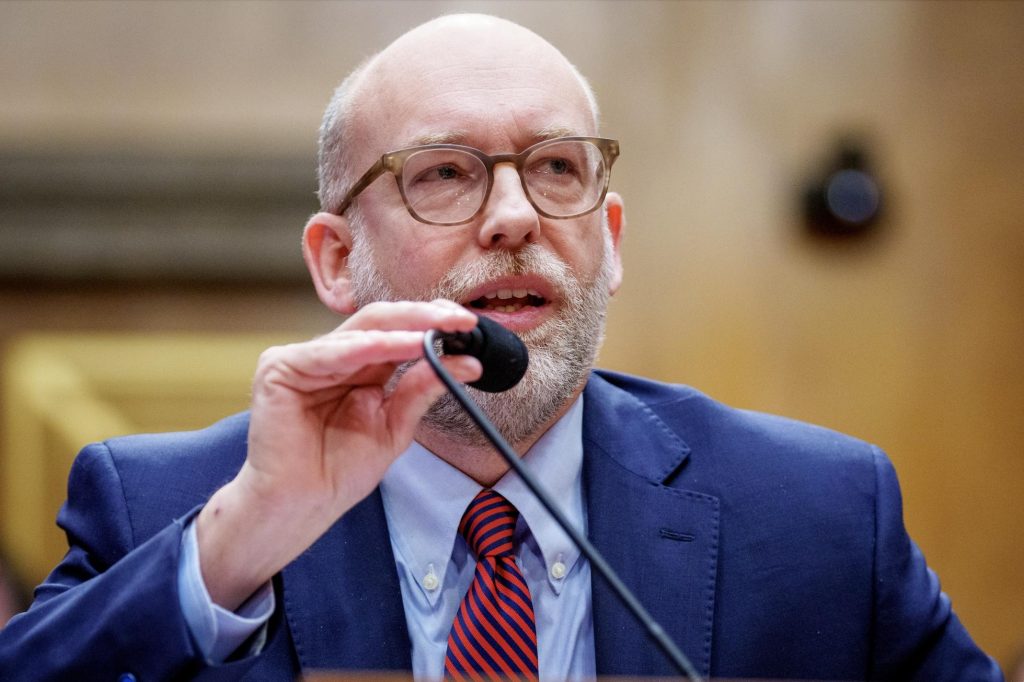A federal judge on Tuesday granted a last minute motion by the Consumer Financial Protection Bureau (CFPB) to stay the court battle over the legality of the agency’s “open banking” rule, while it rewrites it in a way that “aligns with the policy preferences of the new leadership.” The regulations, designed to give consumers greater control over their own financial data, were finalized last October under the Biden Administration, and scheduled to take effect on a staggered basis next year.
The Biden-era rule allows customers to access and share financial information connected to their bank accounts, credit cards, payment apps and mobile wallets with authorized third parties (for example, fintechs) without a fee.
After the rule was issued, The Bank Policy Institute, the Kentucky Bankers Association and Forcht Bank, immediately sued to block it in the U.S. District Court for the Eastern District of Kentucky. On May 30th, the CFPB, now run by Office of Management and Budget Director Russell Vought, a deregulation hawk, filed a motion urging that the rule be declared illegal under the Administrative Procedure Act. Its filing argued that the rule exceeded the agency’s authority under Section 1033 of the 2010 Dodd Franks Act, because that section granted consumers–not third parties like fintechs–a right to their financial data.
Meanwhile, the Financial Technology Association (FTA), a DC-based trade group, was granted the right to intervene in the litigation to defend the rule. But yesterday, when the CFPB was due to respond to the FTA’s motion for summary judgment in support of the rule, it instead asked for a stay while it rewrites the rule.
The CFPB’s decision to revisit open banking is a clear shift from its May position. Notably, the banking groups the CFPB previously sided with, opposed the stay motion. Meanwhile, the FTA expressed its support in a public statement and pledged to work alongside the agency in the rulemaking process. In a court filing, it added that it reserved its right to object to any delay in compliance deadlines.
Recent developments have turned up the already high heat on the issue. Earlier this month, JPMorgan Chase, the nation’s largest bank, shocked the fintech industry by sending out notices that it intends to introduce steep fees for sharing consumer data–so steep that they could make a life-or-death difference for some fintechs.
Last week, lobbying groups representing fintechs, restaurants, retailers and the crypto industry President Trump has embraced (and profited from), sent a joint letter to him asking his administration to take a position in the court case affirming “that customers, not big banks, control their financial data.” In the letter, they urged him to help safeguard Americans’ “access to the future of finance” and positioned open banking as an extension of his America-First agenda – and the key to ensuring that the U.S. remains a global financial leader.
Many of America’s largest banks, who view the open banking regulations as a threat to their business, are fighting hard to retain their market dominance and ward off emerging competition by fintech firms. Fintech companies worry that an industrywide shift led by banks towards tighter control over financial data, in the absence of regulatory clarity, could hurt their businesses and stifle innovation within the sector.

